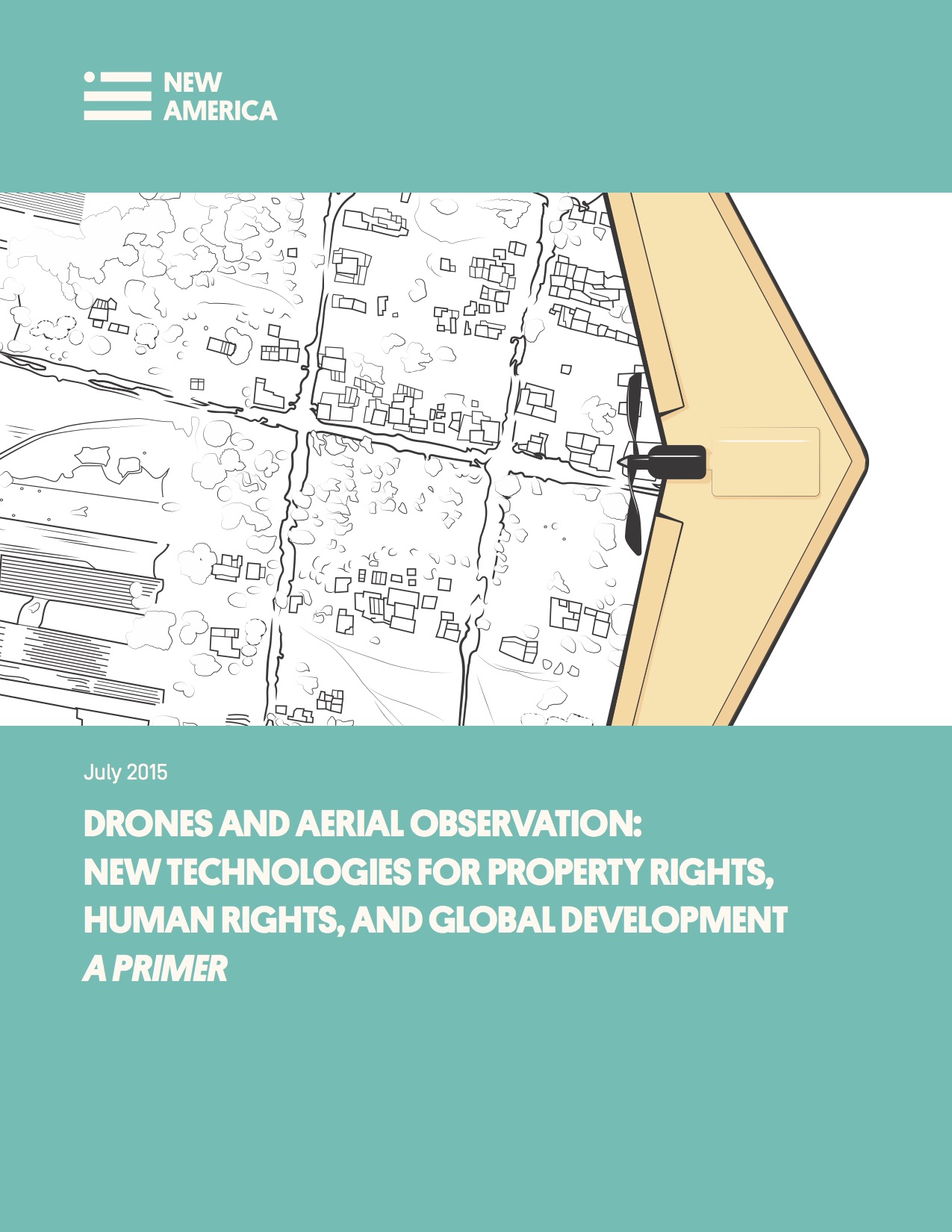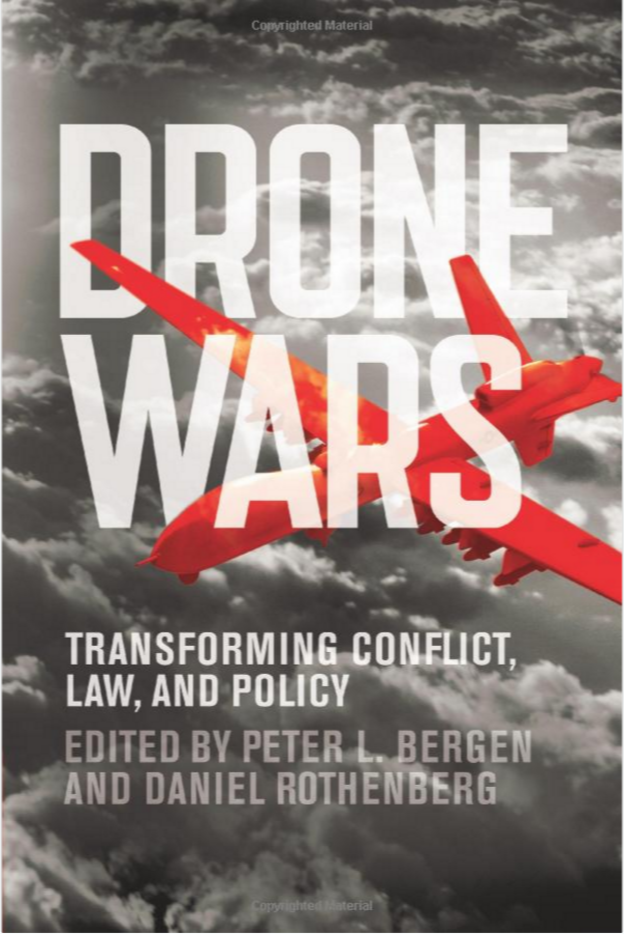Raymond Davis’s case was returned to a lower court by a Pakistani court of appeals today. The appeals court refused to rule on whether or not he has diplomatic immunity. The New York Times, and other American publications, initially held back reporting that Davis is a CIA contractor after he shot and killed two people on January 27th. The Times’s ombudsman explained that decision here, explaining that the paper didn’t want to repeat charges that had been made in the Pakistani press. The Times all but spelled out that Davis was a spy, saying, “his exact duties have not been explained, and the reason he was driving alone with a Glock handgun, a pocket telescope and GPS equipment has fueled speculation in the Pakistani news media.” That sentence says, without saying, that Davis was not, shall we say, a desk jockey.
Many critics of the Times, including Amy Davidson at The New Yorker, took issue with the paper’s silence. Davidson asked:
Who was the intended audience, or, rather, non-audience, for the silence? Put differently, who was this supposed to be kidding? Crowley, according to the Times, was not asking the paper to suppress something that hadn’t been reported but, as Keller put it, “not to speculate or recycle charges in the Pakistani press.” So news outlets were asked not to tell Americans, among others, what Pakistanis were already reading? (It is also interesting that this involved elevating the “authoritative” Times and disparaging the Pakistani press—which was actually ahead on the story.
Her point is that since Pakistanis were already aware that Davis was a spy, the only rational for not the Times not reporting it is to prevent Americans from learning what Pakistanis already knew. But she neglects one aspecty of the media dynamic which is important here. The Times‘s publication of a statement saying so is not just informational. It is itself an event, or at the very leats what Daniel Boorstin would have called a “pseudo-event”. Nothing new happens when the Times says “Davis is a spy”, but the Times having said so is itself an event, especially in Pakistan. I witnessed this dynamic at play when I was a foreign correspondent in Mexico. The local papers, which, in principle, should have been (and in a certain way, were) covering unfolding events in Mexico in much greater depth and detail than any of us foreigners were, would have stories about our stories. The headlines in Pakistan would have
Here’s an some examples from my time in Mexico. Here is a more recent example where a Mexican newspaper cites the New York Times. Now, given how long the Times held off in the Davis case, it made a relatively small splash in Pakistan. But had the paper weighed in earlier, the impact would have been greater–not because it was telling Pakistanis something they didn’t know, but because it was the Times that was saying so.
I’m in no position to say whether, given the balance of all of these considerations, the Times was justified in holding off. But the fact that the Times explicitly saying Davis is a spy (after having hinted at the fact pretty explicity) is itself a pseudo-event is worth taking into account.

 Thanks for coming to visit my website. I write about science, technology, foreign affairs, and other subjects.
Thanks for coming to visit my website. I write about science, technology, foreign affairs, and other subjects.


